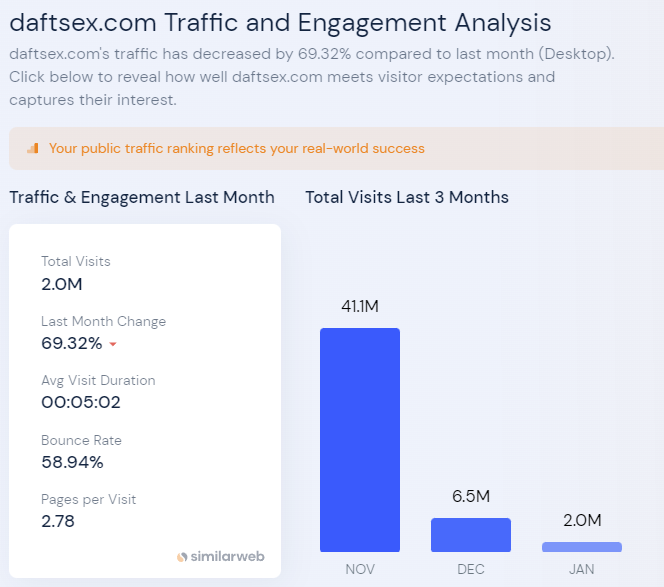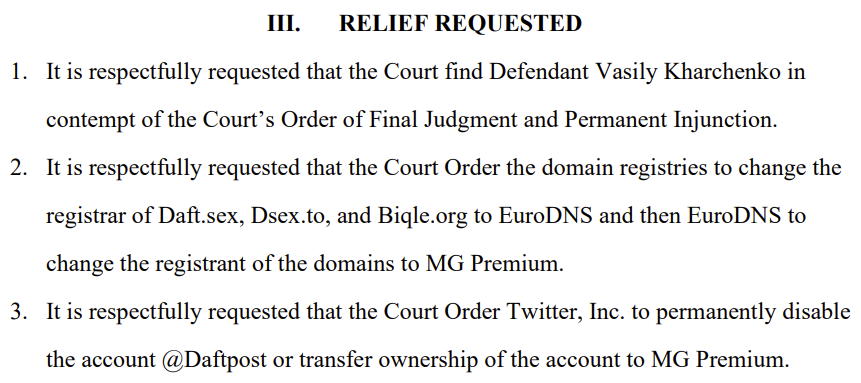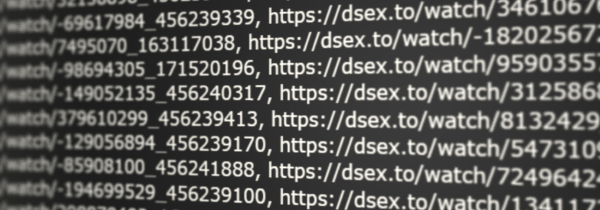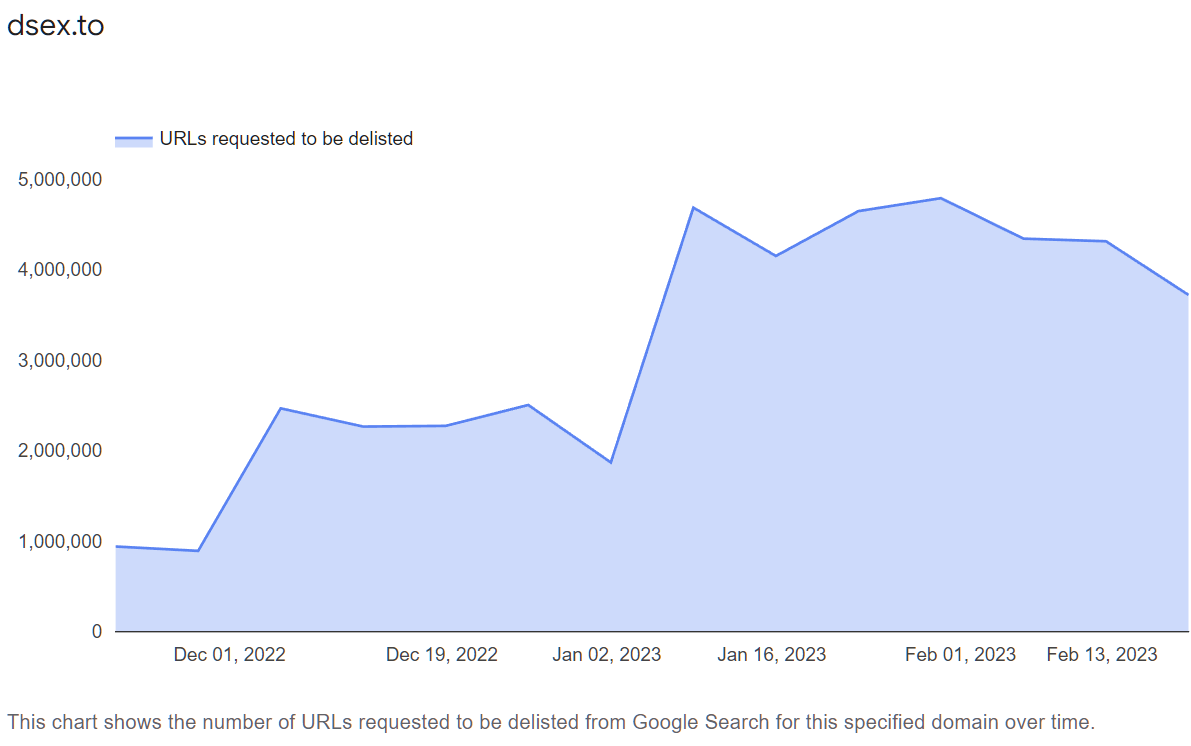-
chevron_right
ACE & New Anti-Piracy Coalition Target South Korean Video Piracy Globally
news.movim.eu / TorrentFreak · Thursday, 9 March, 2023 - 20:22 · 3 minutes
 Millions of subscribers to Western streaming services will testify to the South Korean content explosion of recent years.
Millions of subscribers to Western streaming services will testify to the South Korean content explosion of recent years.
The ‘Korean Wave’ cultural phenomenon, boosted by movies and TV shows such as Squid Game, Train to Busan, and Parasite, is something to behold.
From the successes of BTS and Psy’s Gangnam Style to the magnificent ‘Oldboy’ released two decades ago, South Korean entertainment quite rightfully receives worldwide appreciation. If everyone actually paid for these pleasures, that would be the icing on the cake for South Korea.
Oppa Anti-Pirate Style
In a combined effort to crack down on piracy of local content, major South Korean broadcasters, including KBS, MBC and JTBC, the Korea Film and Video Copyright Association (film producers and distributors), plus streaming platforms TVING and Wavve, have announced the formation of a new, piracy-fighting coalition.
The Video Copyright Protection Council (이하 영보협) will receive support from the South Korean government’s Copyright Commission as it works to curtail both local and overseas pirates. An interesting factor here is that the project involves the Alliance for Creativity and Entertainment, the world’s largest anti-piracy coalition.
First Official Target Revealed
The new coalition is expected to file a criminal complaint in South Korea today targeting pirate streaming giant Noonoo TV. While unfamiliar to many in the West, the site offers movies and TV shows to an audience of tens of millions, making it one of the more obvious choices for enforcement action.
The anti-piracy coalition blames Noonoo TV for falling subscriber numbers on legal streaming services. According to various reports, in February Noonoo TV’s operator claimed that the platform’s video content had accumulated more than 1.5 billion views, a figure that would outstrip traffic to legal alternatives.
Alleged Damages: 5,000,000,000,000 South Korean Won
Five trillion won at today’s rates equates to roughly $3.78 billion, an unprecedented damages claim for a copyright case. Ahn Sang-pil, deputy director of MBC’s legal team, says the amount is justified.
“The amount of damage to the domestic video industry caused by Noonoo TV is estimated to be 4.9 trillion won when simply calculated considering the number of views and VOD,” he said.
“Until now, companies have been responding individually to copyright infringement, but illegal distribution of videos using torrent downloads as well as Noonoo TV has become serious, so we have decided to join forces.”
Thus far, efforts to stop Noonoo TV have yielded limited results.
ISP Blockades Were Quickly Countered
Rightsholders say that NooNoo TV generates significant revenue from gambling advertising. Gambling is prohibited in South Korea under laws that forbid anyone from achieving monetary gains (or losses) from wagers that attempt to predict the outcome of activities based on chance.
A cursory view of the site’s homepage reveals the presence of gambling adverts but accessing the site isn’t straightforward. Originally operating from Noonoo.tv, the site has deployed dozens of domains to circumvent ISP blocking measures implemented in 2022.
After starting out with noonoo.tv, blocks were countered with noonoo1.tv, noonoo2.tv and noonoo3.tv. After burning through sequential variants, at the time of writing the site’s Telegram channel says it can be found at noonoo32.tv but how long that will last is difficult to say.
As most people testing any of these domains will quickly discover, accessing Noonoo TV isn’t straightforward. The site geo-blocks visitors from outside South Korea and, in many cases, even a VPN fails to solve the problem.
Where the site is operated from isn’t clear either. Until fairly recently it was claimed to operate out of Paraguay but more recently attention has shifted to the Dominican Republic. It’s certainly possible – if not likely – that the site operates out of neither.
The coalition, meanwhile, seems particularly keen to find out.
From: TF , for the latest news on copyright battles, piracy and more.

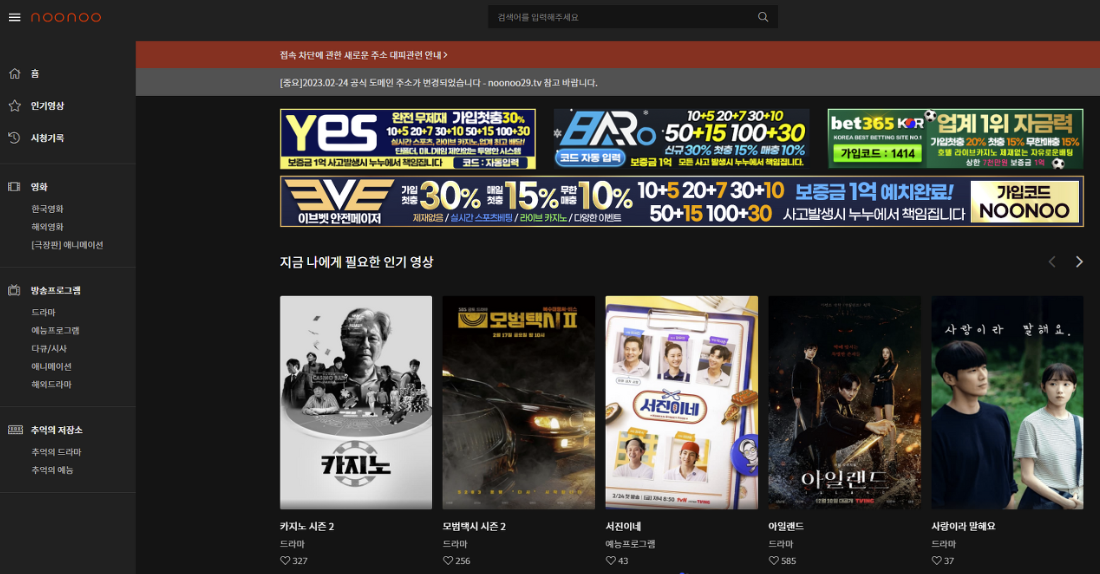
 To the global audience,
To the global audience,
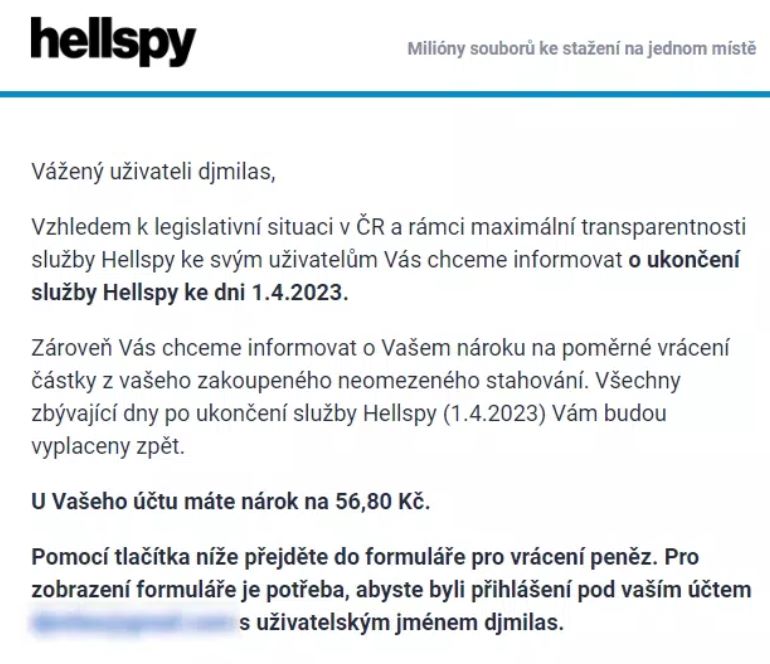

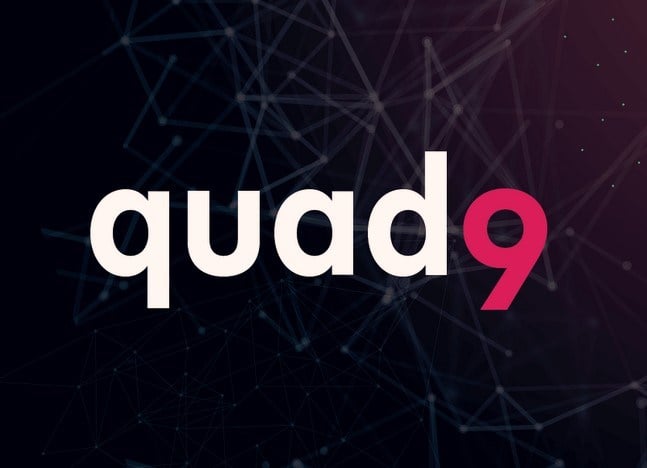 In 2021, Sony Music obtained an injunction ordering DNS resolver
In 2021, Sony Music obtained an injunction ordering DNS resolver
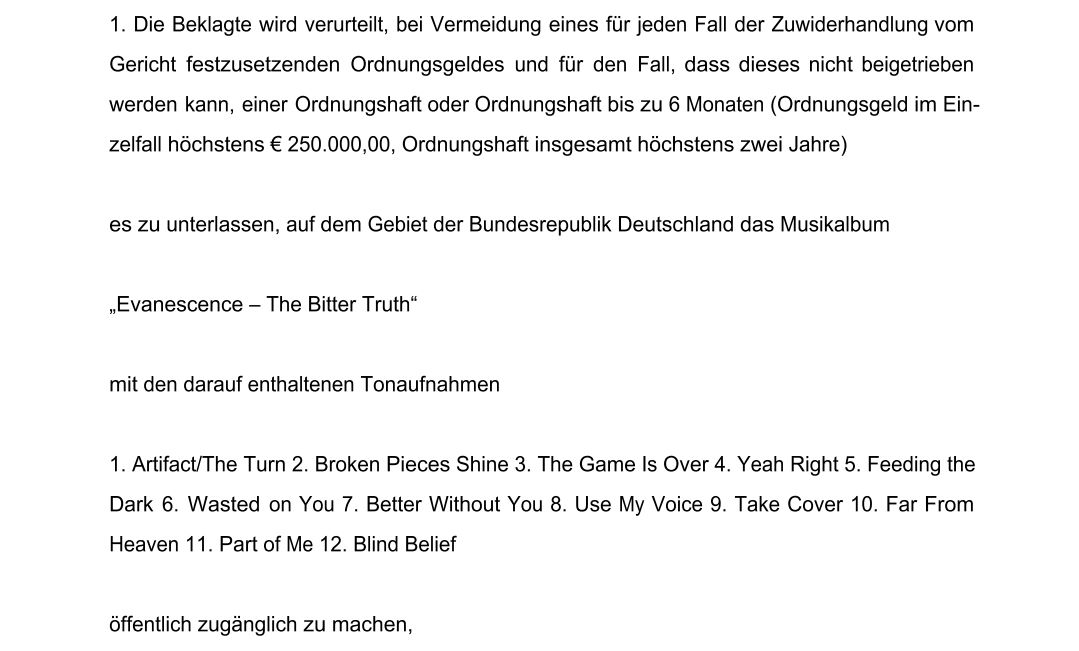
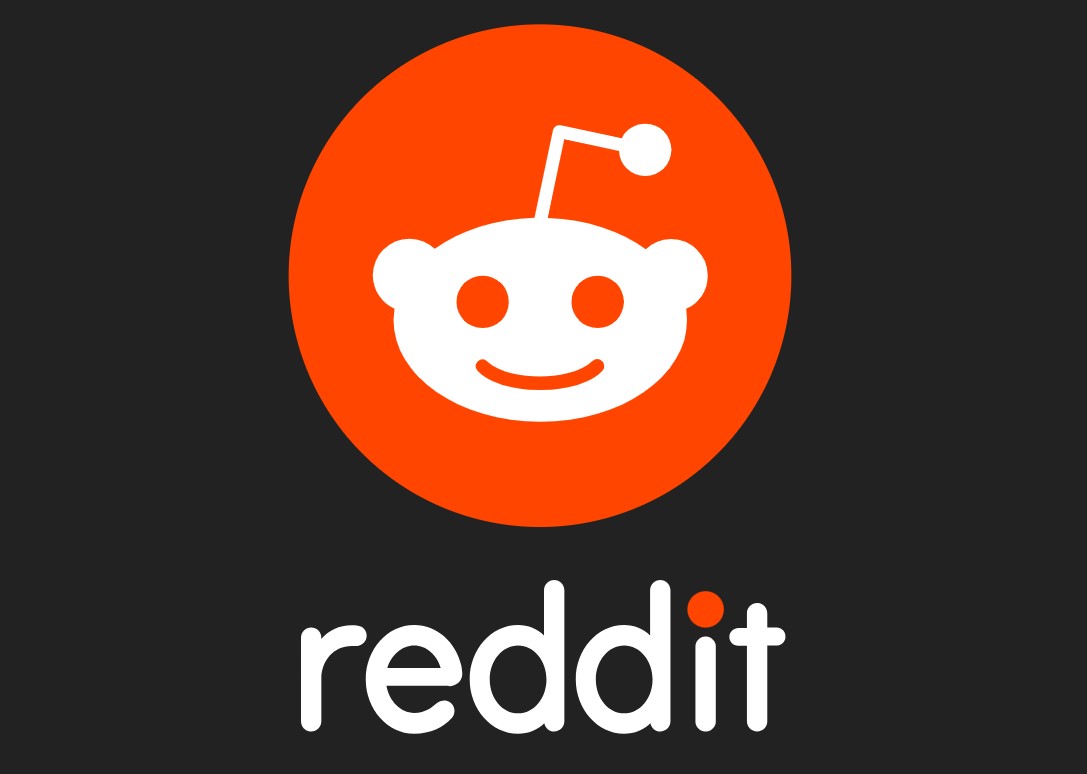 Two years ago, Internet provider
Two years ago, Internet provider



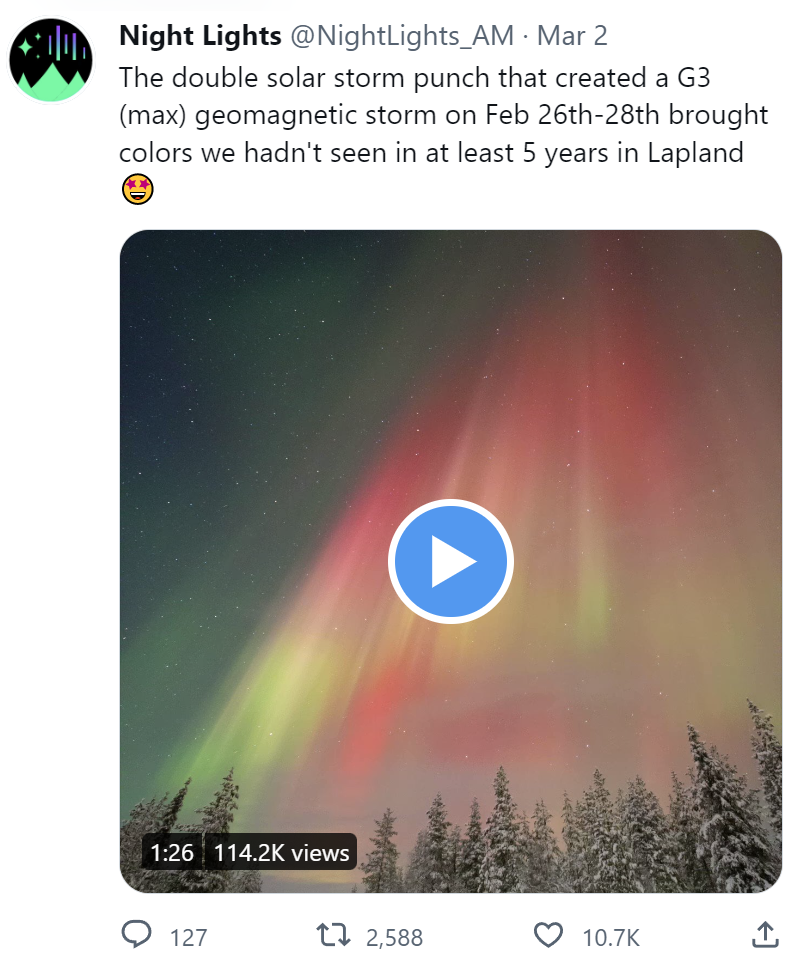
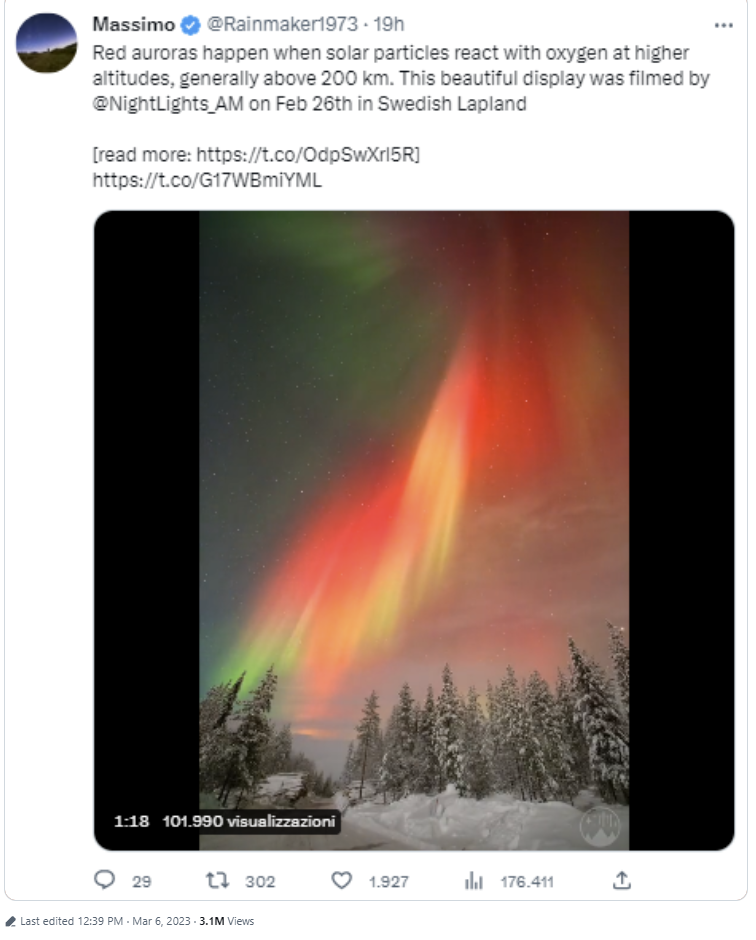
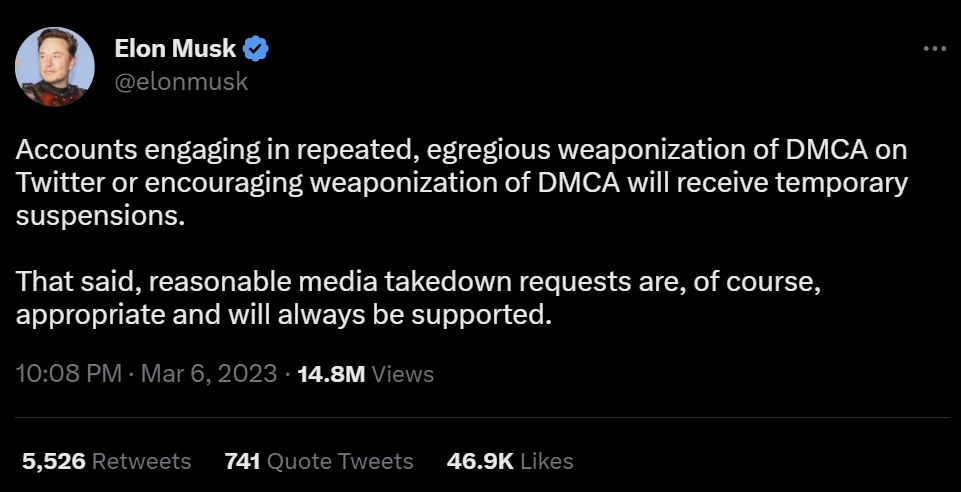
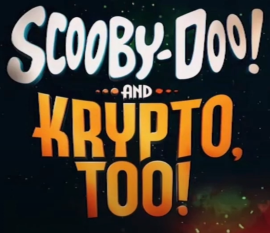


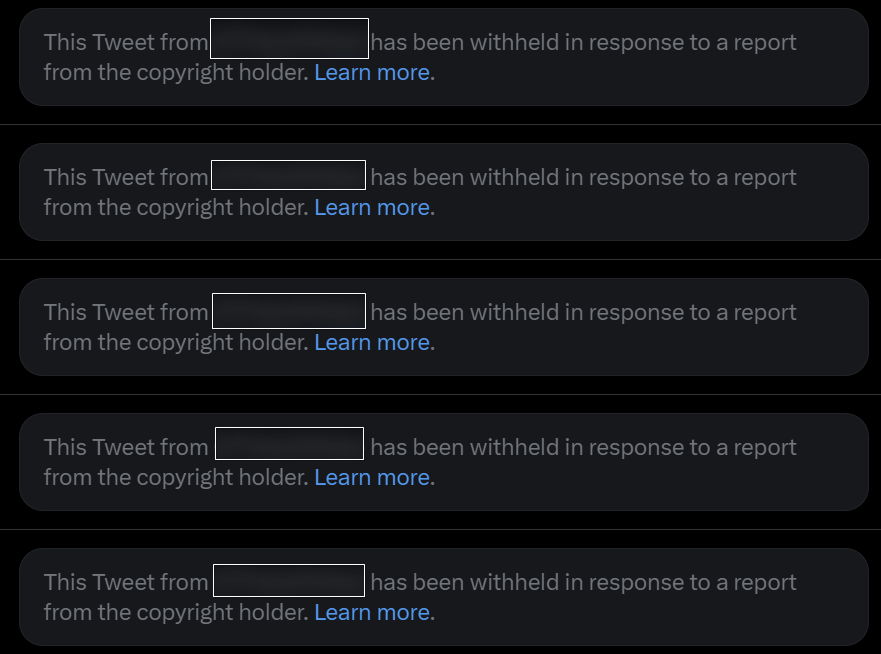
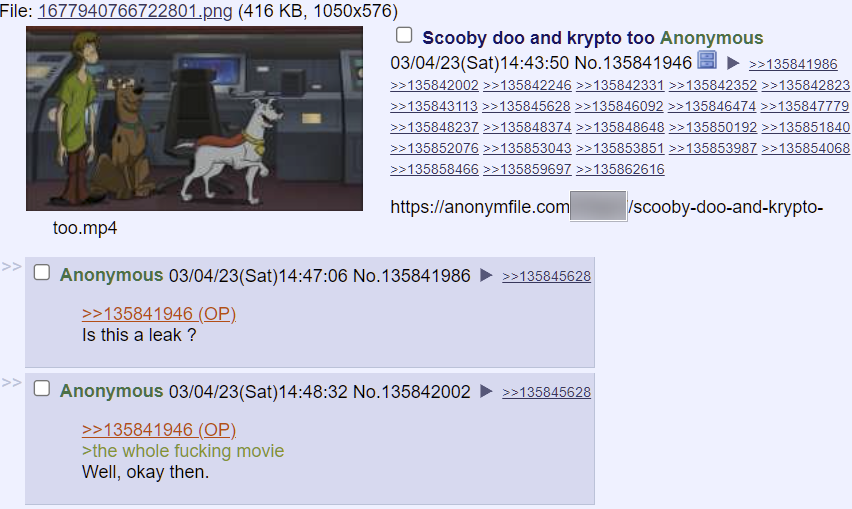

 Over the years, copyright holders have tried a multitude of measures to curb online piracy, with varying levels of success.
Over the years, copyright holders have tried a multitude of measures to curb online piracy, with varying levels of success.


